Facilities & Other Resources
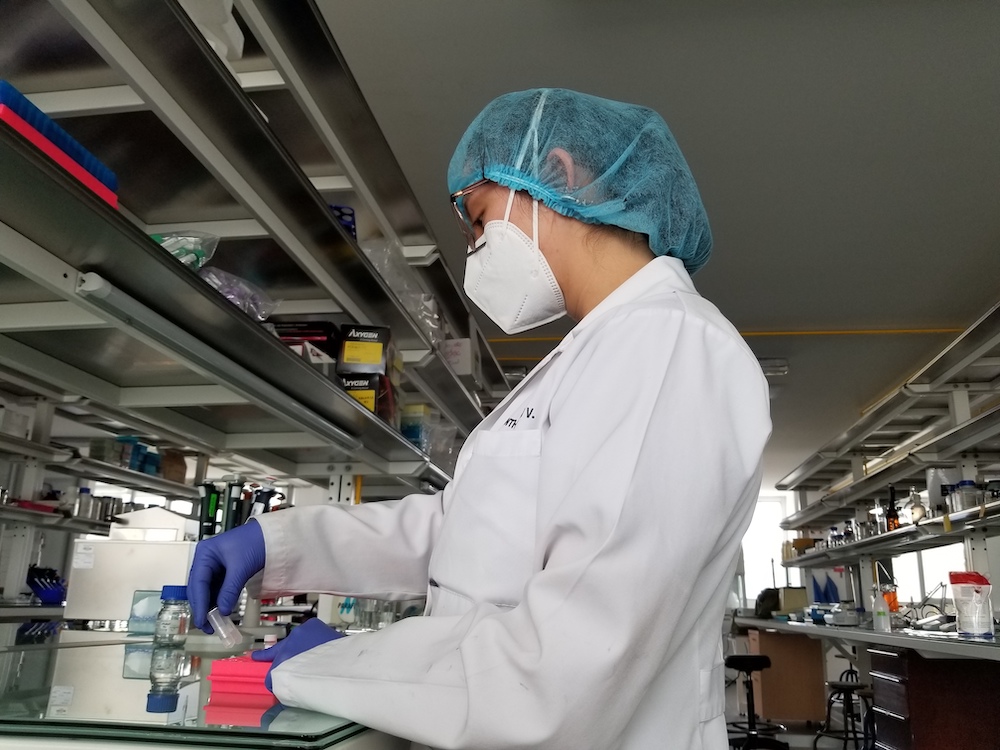
PUCE has performed research related to tropical diseases since 1997. Considerable progress has been made towards providing the environment needed to conduct research through the creation of the Center for Research on Health in Latin America (CISeAL) in June 2016, which was designed to foster a broad range of infectious and chronic disease research to tackle large and complex global health challenges. Our 100 976 sq. ft. facility has 6 floors. It includes biosafety level 2 and 3 laboratories, an insectary, a Laboratory Animal Facility, climate-controlled experimental rooms, offices for researchers, technicians, students, and auxiliary administrative support personnel, meeting rooms fitted for videoconferences, two clinical research suites, and a Data Management Center. The research facility can accommodate 22 permanent research groups and support personnel, as well as visiting researchers and students.
Currently, CISeAL can conduct research and training in seroepidemiological analysis (serology); protein electrophoresis and western blot; direct microscopic examination of blood, tissues, or cultured parasites; immune fluorescence, DNA isolation; PCR; triatomine collection, taxonomy, and safe colony maintenance; Trypanosoma cruzi epimastigote (insect form non-infective to mammals) and trypomastigote culture, and general preparation of laboratory reagents.
Laboratories focused on infectious disease research include 5 clean rooms with a surface of 894.16 square ft. and a laboratory bench area of 2708.95 square ft.; laboratories focused on blood analysis, bioprospection of endophytic fungi, cytogenetics, and amphibian biomolecules research also includes 5 clean rooms with a total area of 894.16 square ft. as well as a laboratory bench area of 2684.73 square ft. In addition, these areas include a cleaning and sterilization laboratory of 1165.52 square ft., and an area for refrigeration, freezing, and cultivation equipment of 1029.25 square ft. All these are distributed on the same floor so that some equipment can be shared between researchers to optimize the use of resources.
Insectary
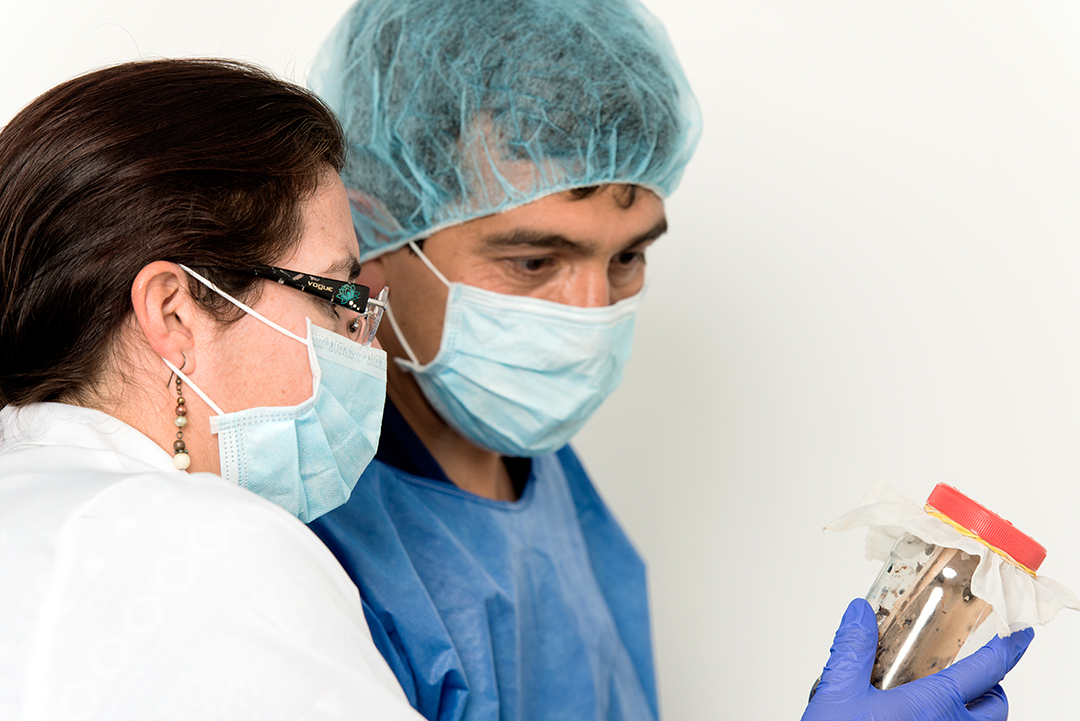
The 3713.33 square ft. insectary hosts several colonies of triatomines, and it also has the capacity to host other insect vectors. As part of the insectary infrastructure, there are three climate-controlled rooms. This facility complies with all regulatory requirements for Arthropod Containment Level 2 (ACL-2, American Committee of Medical Entomology, The American Society of Tropical Medicine and Hygiene, 2003) and is maintained by a full-time technician and supervised by a PI.
Read more: Insectarios: ¿La clave para el control biológico?
Laboratory Animal Facility
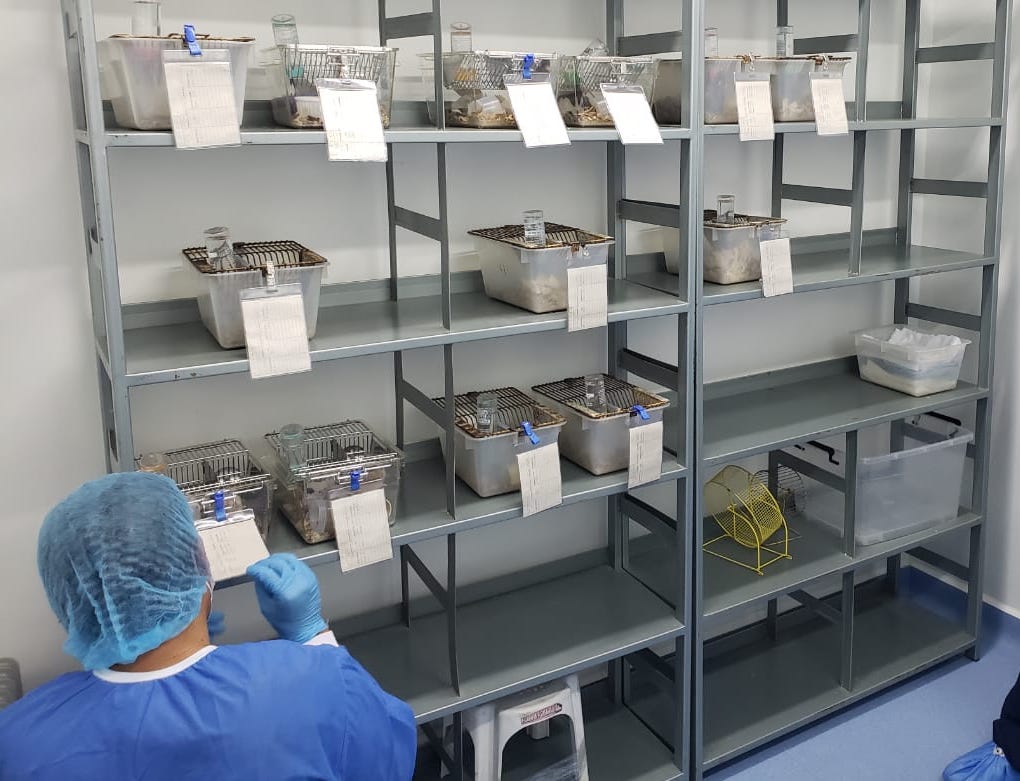
CISeAL has an equipped Animal Facility that complies with the regulatory standards and is certified by AGROCALIDAD (Ecuadorian Agency for Phyto and zoosanitary regulation and control), which is the local government institution that regulates animal facilities. The Animal Facility has 2548.36 square ft. extension, which includes a quarantine area with two cubicles and one isolation room; an area for experimental procedures with two rooms designated to animals that have been inoculated with pathogens and two procedure rooms; and a separate area with two rooms for animals free of pathogens and one room for breeding animals.
Animal care is supervised by a veterinarian doctor who serves as the Attending Veterinarian and by the Technical Director of the Animal Facility. The veterinarian oversees providing medical care to animals and ensures compliance with local regulations and the Five Freedoms for Animal Welfare. The Animal Facility at CISeAL has implemented standard operation protocols and physical barriers to protect animals from external influence. Only licensed and trained scientists have access to the conventional areas of this facility, while the quarantine area has restricted access for animal care staff only. With strict compliance with these procedures, the well-being and health of animal colonies are guaranteed.
Read more: CISeAL certifies its Animal Facility
Entrevista: ¿Qué es un bioterio?
Information Technology Access
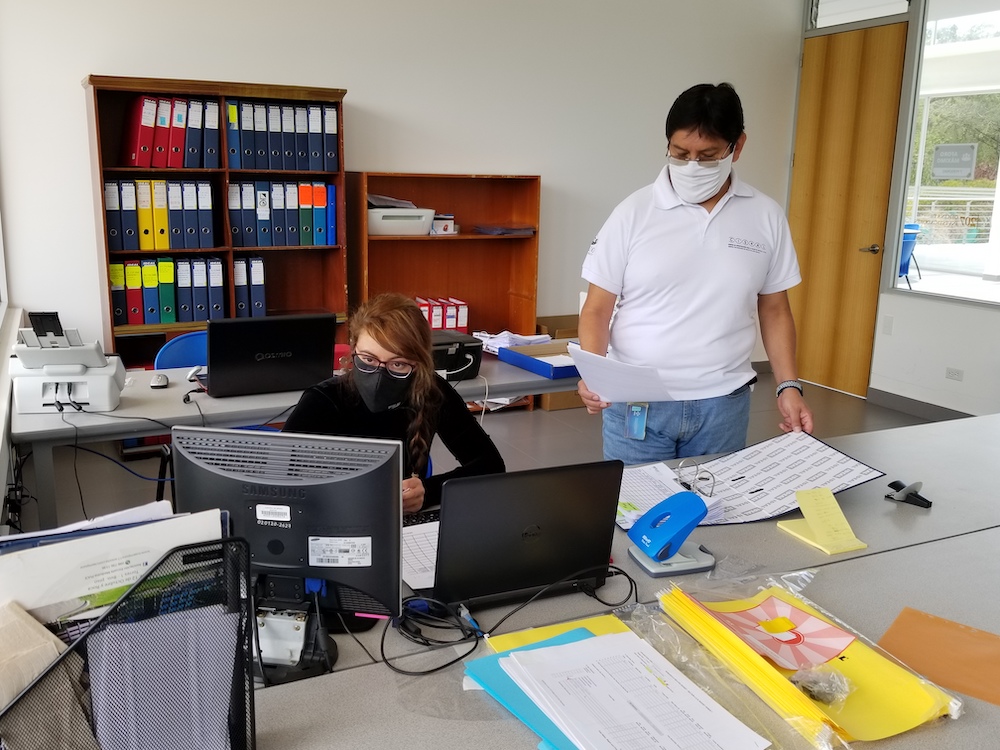
CISeAL has a great variety of technological equipment for web browsing, as well as a number of free licenses for the most common software packages. These resources are available 24/7 to all members of the Center.
A properly equipped and experienced Data Management Unit (UMD) exists within CISeAL. It complies with international standards, including security features for controlled access to project data; a tracking system for data forms, activities, and study samples; double data entry of data forms; date and time stamping of all data records with electronic signatures; and audit trails to track all changes made to data records. The open-source clinical trial software used is OpenClinica, which allows for double data entry, discrepancy management, data validation, and traceability. The UMD oversees the design of data collection forms, data management plan design and implementation, first-level data processing, training of personnel in data collection procedures, database design and management, record storage (digital and physical), and other network services.
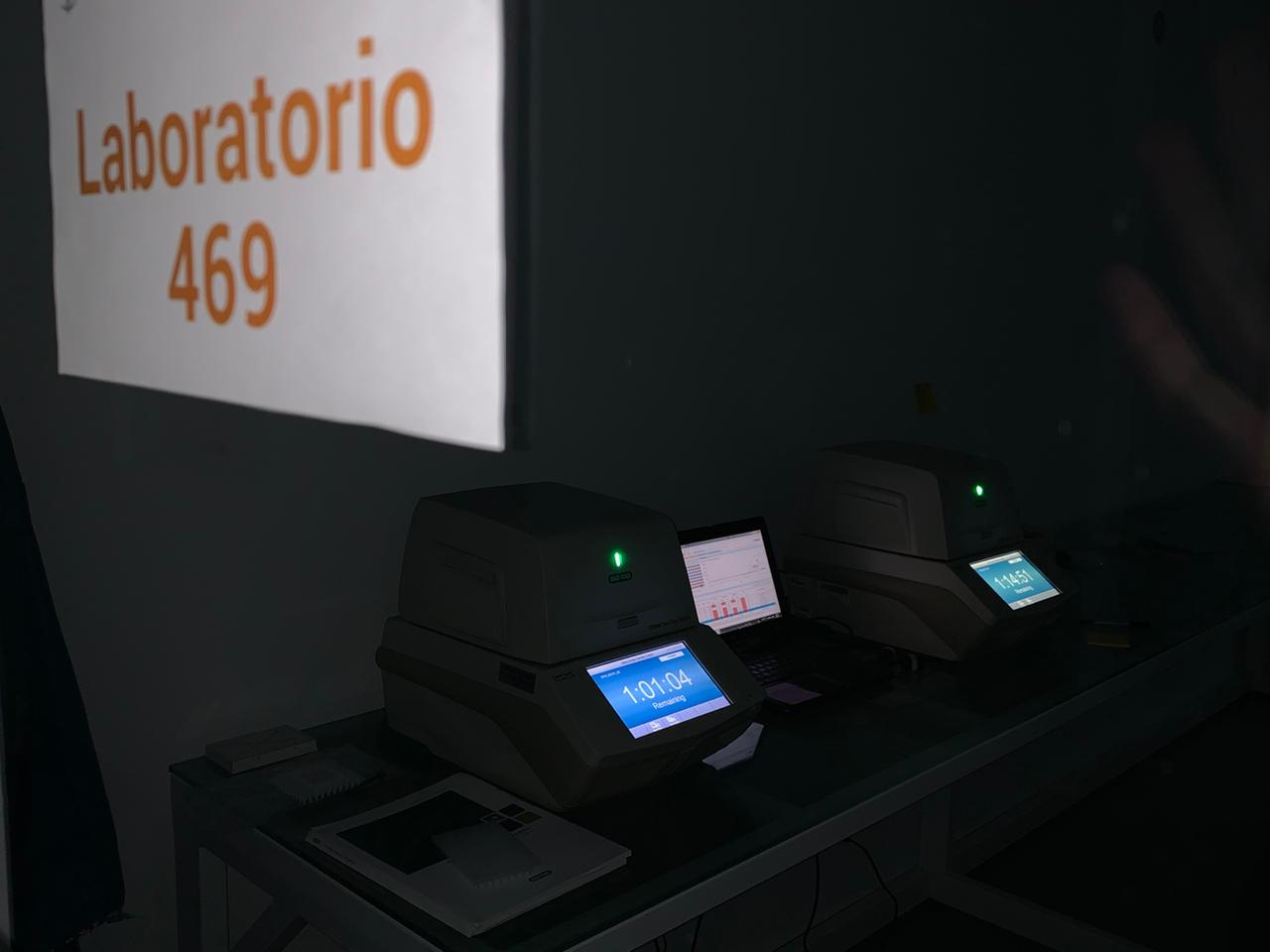
CISeAL has statisticians and researchers as part of its staff that is well versed in data analysis, manuscript preparation, and peer-reviewed publishing processes. Additionally, both CISeAL and PUCE have processes in place to disseminate significant findings by their researchers to the general public online.
Currently, online lectures and communications rely on a combination of several free and paid audio/video/instant messaging applications (such as Zoom and Skype).
Read more: COVID-19: Manejo de datos para superar una crisis



